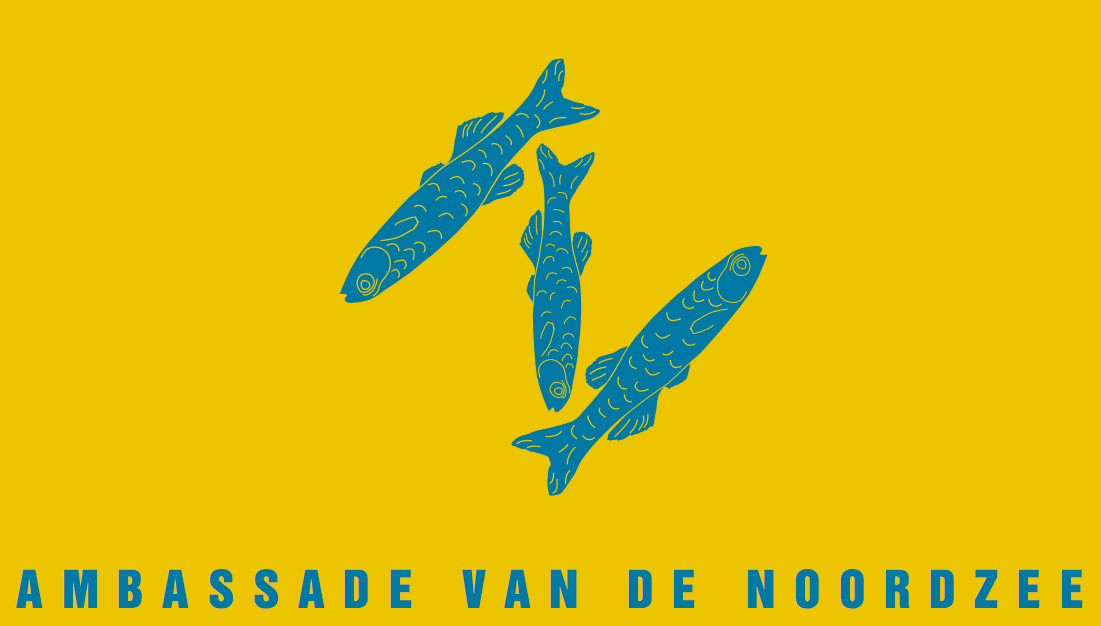How to give a voice to nature?
People need space to live, work, travel, recreate, and everything in between. Due to population growth, the energy transition, and climate change, we need even more space to generate energy and protect ourselves from extreme weather. But people are not the only ones in the Netherlands. Plants, animals, rivers, forests, and other nature also need space to survive. And ultimately, people are dependent on that nature. However, it is difficult to prioritize the interests of nature when only humans make the decisions. So how can we allow nature to have a voice in the conversation?
The Parliament of Things
One way to give non-human entities a voice is through the 'Parliament of Things.' This idea comes from the book 'We Have Never Been Modern' (1991) by philosopher Bruno Latour. According to Latour, modern humans have forgotten that they are not separate from nature, but rather a part of it. For Latour, nature is a network of relationships between things, a collection of everything that moves along, over, and through one another. He calls this 'Gaia,' after the Greek goddess who was the personification of the Earth.
On Gaia, every thing tries to secure and maintain its place on Earth. Plants overrun others in search of sunlight, and animals build nests in trees to create a safe space for themselves. But even non-living things play an active role: the sea erodes stone formations into sand grains to make more room, and the coronavirus, in 'collaboration' with animals, humans, and airplanes, brought the global economy to a halt.
In this view, humans are just one of many things fighting for their own place, but humans have been particularly successful at it—perhaps too successful. Due to the significant interventions we've made in the world, nature is no longer a reliable, unchanging backdrop for our actions. The Earth is responding with increasingly extreme weather, causing the habitats of plants and animals to shift or become uninhabitable.
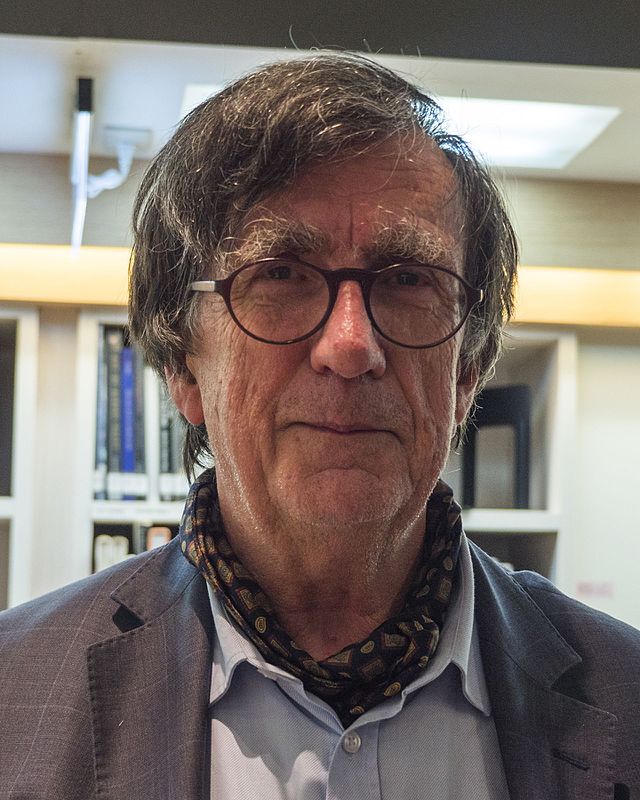
Everything has a voice
To bring our actions better into balance with the rest of nature, Latour argues that we need to rethink the relationship between science, politics, and governance. This brings us to the Parliament of Things. This parliament is not literally a room with chairs where animals, plants, and rivers move toward the microphone to speak their minds. It represents the ‘listening’ to these non-human entities and taking their interests into account in our decisions.
Only when everything has a voice do we become aware that one person’s actions always come at the expense of another, according to Latour. And that ‘other’ can be anything. For example, the sea speaks out about the large amount of plastic floating within it. Krill protests against warmer temperatures, as it needs the polar ice as a nursery. The fox is happy with the concrete world we've built for it, and the albatross expends less energy flying thanks to changing air currents. In this way, each thing has its own interests when it comes to climate change or other consequences of human intervention.
"History is no longer just the history of humans; it is also the history of natural things."
Science as an Example
The Parliament of Things is, therefore, an exercise in imagination: we immerse ourselves in non-human things to represent their interests. In practice, the Parliament of Things is often applied in the form of role-playing games, where people are tasked with representing a non-human entity, such as a river or a plant.
Another good example of a Parliament of Things, according to Latour, is the Dutch water boards. He saw this as a rare political organization in which humans do not hold the central position. After all, haven't the water boards for centuries been the voice of the water? Moreover, the water boards are legal entities with statutory duties, including water quality. Could they serve as an inspiration for 'nature boards', where rights for nature are enshrined?
The Embassy of the North Sea
Based on the idea of the Parliament of Things, the initiative the Embassy of the North Sea was launched in 2018. This organization brings together the efforts of scientists, artists, and politicians to listen to the North Sea, make its voice understandable, and advocate for its interests. Through this, animals and plants gain a voice, but so do ocean currents and sediment.
From 2018 to 2022, the organization developed methods to "listen" to the North Sea. Now, the focus is on "speaking with" the sea, and starting in 2027, The Embassy of the North Sea aims to negotiate on behalf of the sea and incorporate the insights gained into decision-making processes.
One of the listening projects is the creation of the Atlas Onzichtbaar Zeeland ('Invisible Zeeland Atlas'). It consists of eight maps covering topics such as harbor porpoises, eels, policy, myths and narratives, dunes, water and elevation in the Zeeland Delta, sunken villages, and the economy. Artist Theun Karelse, geosciences professor Maarten Kleinhans and sociologist Darko Lagunas, for example, explored and depicted the soundscape of harbor porpoises in the Oosterschelde, the history of the quintessential Dutch "battle against the water," and Zeeland as a refueling station for migratory birds traveling from Africa to Siberia.
Parliament of the Scheldt
At the Watersnoodmuseum, during the ‘Landschapmakerscongres’ (Landscape Makers Conference) in October 2023, a Parliament of Things was also established: the Parliament of the Scheldt. Landscape makers are all beings, institutions, and processes that influence the landscape. Humans are landscape makers, but so are the soil life, vegetation, weather, and water. A Parliament of Things, indeed!
The Scheldt has many landscape makers with diverse influences. The farmers who cultivate their fields, the worms that aerate the soil, the hydraulic engineers who pump the water away, the mussel and oyster beds that protect the coastline: these and many others together shape the landscape. In the Parliament of the Scheldt, participants were assigned flags, banners, and seats representing different landscape makers. Together, they envisioned what the Scheldt should look like in 2030, 2050, and 2100.
Eastern Scheldt in Negotiation
Serious game ‘Oosterschelde in onderhandeling’
Do you want to get hands-on with the Parliament of Things? Play the serious game ‘Oosterschelde in onderhandeling’! In this game, 9 to 12 participants reflect on the changes climate change brings to the Oosterschelde. The players take on the role of one of the inhabitants of this area. These can be human residents, but also animals or plants.
Players negotiate how to manage the landscape to ensure it remains livable, diverse, and safe. What does this mean for a black-tailed godwit, seaweed, or a farmer?

Rights for Nature
Another way to give nature a voice is by granting areas or landscape elements, such as rivers, legal status. While the Parliament of Things focuses on representing non-human entities in political processes, granting rights for nature primarily provides legal protection against human intervention.
Why is this necessary? In Western countries, nature is generally considered a thing without rights, something that can be owned, exploited, and used for our own benefit. The idea that humans are the "rulers" of nature has prevailed since classical antiquity. Even within Christianity, the belief that God created nature for humanity’s use, according to its own will, has been dominant for centuries.
However, in other cultures, this view differs. In Judaism and Islam, nature is seen as belonging to God. Humans are allowed to use it but also have the duty to preserve it and care for it. In many non-Western cultures, a less strict distinction is made between humans and nature. Humans are part of a world of things, all of which possess a certain level of consciousness. Humans do not rule over these things but share an equal relationship with them. For example, when you go to the forest, it is not there simply for your enjoyment. Instead, you are a "guest" among a vast community of non-human partners.
Worldwide
Back to rights. At first, it may sound strange that a non-human entity, such as a river or a forest, could have rights, but in fact, many non-human entities already have rights. Consider, for example, limited liability companies or public limited companies – they are also legal persons.
Rights for nature have already been recognized in various places around the world. In Bangladesh, a river was recognized as a living entity; in New Zealand, a river was granted the status of a legal person; and in Ecuador, this applies to nature as a whole. In Switzerland, animals and plants are protected by the constitution. There are also calls for rights for rivers in England, and in Sweden, mock courts have been held to discuss rights for Lake Vättern. In Spain, a lagoon, polluted by agriculture and mining, has been granted the right to exist, naturally evolve, and the right to protection, preservation, and restoration.
Since 2017, more and more initiatives have been launched in the Netherlands to grant rights to nature. In 2024, the foundation Rechten van de Natuur ('Rights of Nature') was also established. This foundation aims to recognize that nature also has the right to exist. In everything we do, from agriculture to road construction or nature conservation, we must ask ourselves: what is the interest of nature here, what does nature want? For this purpose, guardians could be appointed to protect the interests of nature.
Politics is also moving in this direction. In 2023, rights for nature were mentioned for the first time in various political party platforms, and since then, different water boards, provinces, and municipalities have been exploring how they can grant rights to nature within their regions.

Rights of the Scheldt
One of the Dutch initiatives to grant rights to nature is ‘Rechten van de Scheldes’ ('Rights of the Scheldt'). The initiative started at HZ University of Applied Sciences and is supported by ZeelandBruist, the Zeeland Environmental Federation, and several individuals. The goal of the initiative is to improve the nature of the Eastern and Western Scheldt by listening to the voice of the Scheldts and ensuring that this voice is heard in places where decisions are made.
In a petition, the Eastern and Western Scheldt request the right to flow, to fulfill essential functions within the ecosystem, to be free from pollution, to nourish sustainable resources and be nourished in return, to maintain native biodiversity, and to support development and restoration. In exchange, people would be allowed to fish, harvest sea vegetables, and swim and sail.

